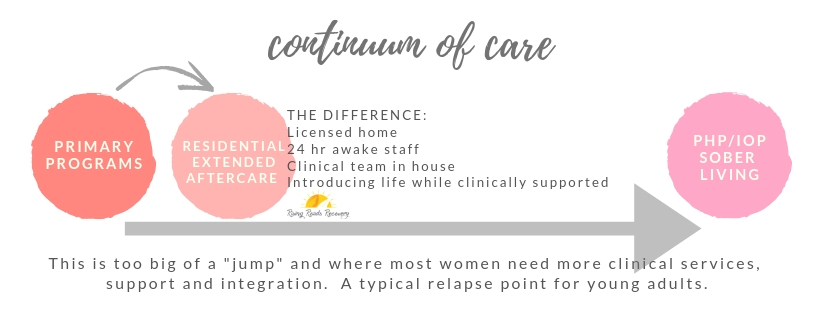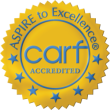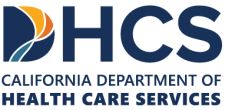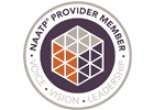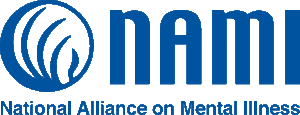Most families and clients who are recommended aftercare after treatment are quite surprised. We also find that most people are confused because they have been given several options, at very different price points. There is not a lot of information available regarding the differences and what questions to ask that could be helpful. It’s also challenging because, in some cases, some programs are using the same words, but the levels of care vary considerably. In this blog, we are going to go over the differences of aftercare, where Rising Roads fits, and what questions you can ask other programs when you are researching.
Let’s back up and define what primary treatment is and the role it plays in recovery. Primary treatment is typically 30 days but can be up to 90 days. It is usually “secluded,” meaning the patient is in a very structured environment without a lot of “outside” influence. This is great for stabilization, education, and the beginning of really getting into the deeper levels therapeutically. It is not a cure, and very rarely does it produce a complete shift. I like to think of it as a booster shot to a new life or the beginning of the journey. It doesn’t address all the things in life that we still have to navigate when we leave the “safe” environment. This is especially true for individuals not equipped with life skills. You most likely will feel great, leaving primary treatment; however, very quickly, life hits with what life does – bills, decisions, financial problems, challenging relationships, etc. This is the reason aftercare is suggested, as a way to continue to get support while navigating life. There are many different levels described below; the general suggestion is the more support, the better. This is especially true for individuals who have been to multiple primary programs and have unsuccessfully gone home or gone to very low levels of supportive living.
Definitions of aftercare – most structured to least structured.
Licensed Residential Aftercare:
Rising Roads Recovery is, and all of the women who come to Rising Roads start in the first phase, 90 days of Residential Aftercare. The State of California licenses these homes. There are a lot of regulations required for licensure, but for the sake of brevity, I will mention a few key differences.
- 24-hour awake staff
- Medication monitoring
- Therapy is available in the house, and clients have access to their clinical team throughout the day.
Rising Roads also has other components not typically found at any level of aftercare.
- Weekly family therapy – integrating your family week experience
- Weekly individual therapy, along with a responsive clinical team available daily.
- All groups facilitated by master-level clinicians rather than certified case managers.
- Our clinical programming is not a repeat of their experience in primary treatment – it takes our clients more in-depth into the underlying trauma triggers driving poor choices and maladaptive coping skills.
PHP + Sober living:
In most cases, this means the clients are going to an outpatient office for most of the day to meet with the clinical team. Typically PHP programming is 8 hours a day, Monday through Friday. At night and the weekends, they are in a sober living home. These homes are not regulated and not licensed. Most of the time, there is a “house mom” who is there, but they sleep when the clients sleep. *The clinical programming is very similar to subjects presented in primary treatment.
IOP + Sober living:
This is the same as above; however, the IOP level is usually 12 hours of clinical programming a week. Individuals who are going back to work or full-time school this can be ideal. However, they will have to have life skills to manage their time and take care of themselves for this level to be successful. *The clinical programming is often very similar to subjects presented in primary treatment.
Outpatient Care:
This is either PHP or IOP programming, but the client is living “at home.” If the client does not have a healthy support system or set up “at home,” this can be challenging.
We hope this helps you navigate the recommendations that are right for you and your family after primary treatment. We are always available to chat more extensively 866-746-1558.

